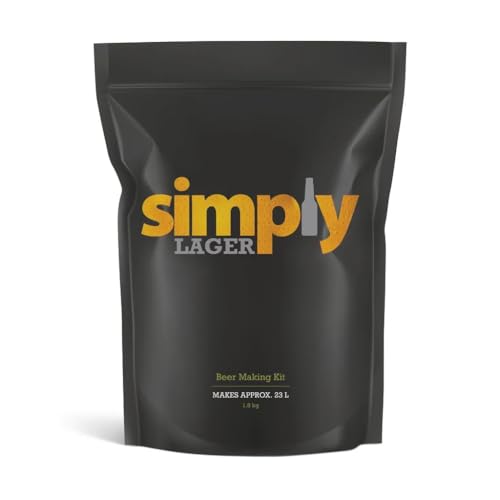Hi everyone.
Am still learning before I attempt my first batch so please bare with me.
I have read that if I bottle condition my brew I will need to give it a couple of weeks (until the bottle is hard) somewhere warm and then take to the fridge (somewhere cold) to stop everything in its tracks.
For all my reading I cant seem to find out though what can I do after. If for example I dont particularly want to drink all my 40 pints straight away and store some for the summer can I take it out of the fridge and put them in the dark in my shed? Or do I only need to put them in the fridge before driking?
Also can I store my beer without carbonating for any length of time?
Am still learning before I attempt my first batch so please bare with me.
I have read that if I bottle condition my brew I will need to give it a couple of weeks (until the bottle is hard) somewhere warm and then take to the fridge (somewhere cold) to stop everything in its tracks.
For all my reading I cant seem to find out though what can I do after. If for example I dont particularly want to drink all my 40 pints straight away and store some for the summer can I take it out of the fridge and put them in the dark in my shed? Or do I only need to put them in the fridge before driking?
Also can I store my beer without carbonating for any length of time?























![BREWING THERMOMETER STICKERS ACCURATELY MONITOR FERMENTING BEER & WINE LIQUID TEMPERATURES 5PCS HOME BREW SPIRITS WINE LCD ADHESIVE [US]](https://m.media-amazon.com/images/I/311DDjo2X3L._SL500_.jpg)



















 many of my older ales are somewhat stronger :lol:
many of my older ales are somewhat stronger :lol: